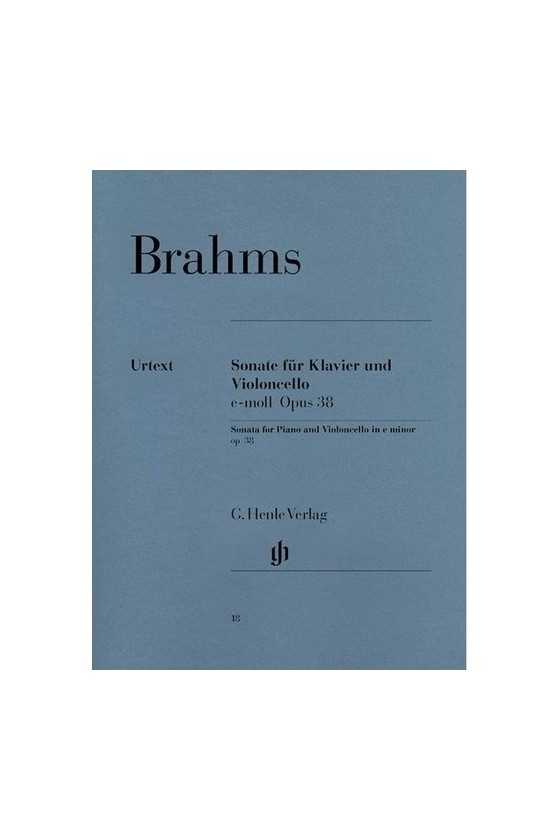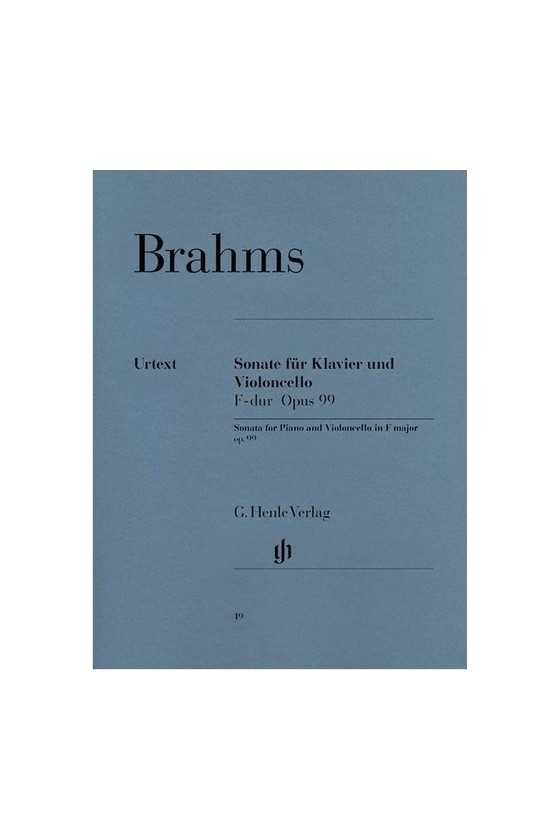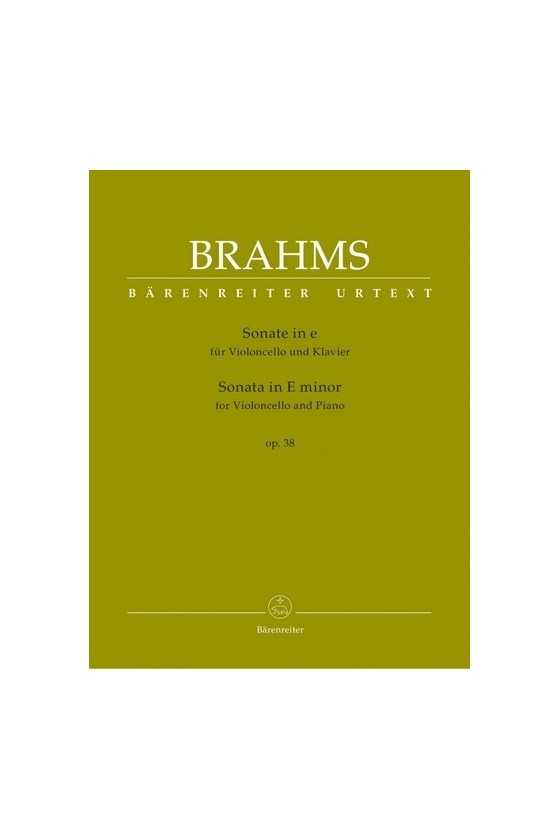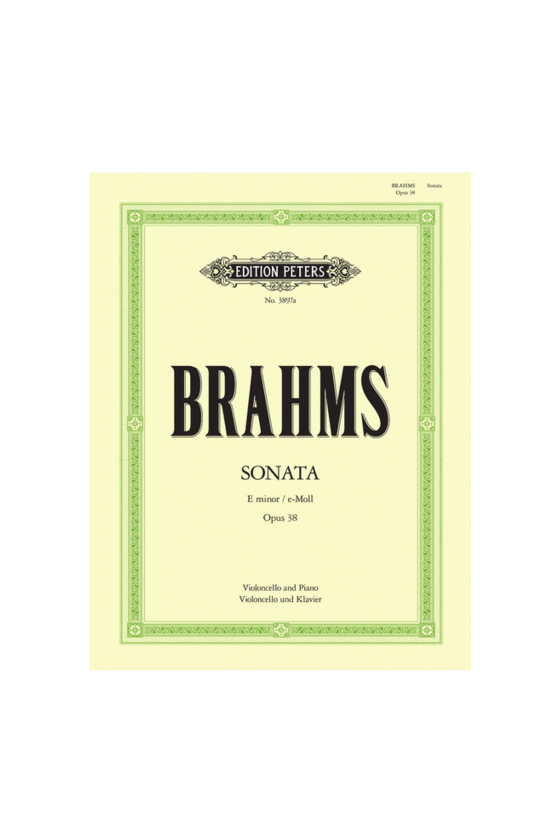Brahms, Johannes
Johannes Brahms was born in Hamburg, Germany, on May 7th, 1833. His father, Johann Jakob Brahms, was a double bass player in the Hamburg Military Band, and his mother, Johanna Henrika Christiane Nissen, was a seamstress. Brahms showed a great interest in music from an early age, and his father recognized his son's talent and began teaching him the piano. By the time he was six years old, Brahms was already composing music.
Early Life and Musical Education
Brahms' father, who had a drinking problem, passed away when Brahms was just 13 years old. This was a difficult time for the young boy and his family, and Brahms was forced to take on odd jobs to help support his mother and younger siblings. Despite these challenges, Brahms continued to pursue his passion for music. He received formal training from Eduard Marxsen, a well-known music teacher in Hamburg, who recognized Brahms' talent and took him on as a pupil. Marxsen gave Brahms a thorough education in music theory and composition, and Brahms quickly became known for his exceptional skills. He began to perform publicly in his late teens, and his talent was widely recognized. However, Brahms was not content to be a performer. He wanted to create his music and make a mark on the world of classical music.
Brahms' Musical Style and Influences
Brahms' music is known for its complexity, emotional depth, and technical precision. He was greatly influenced by the works of Bach, Beethoven, and Mozart, and his music reflects a deep understanding of the classical tradition. However, Brahms was also known for his innovative approach to composition. His work incorporated folk melodies and rhythms, creating a unique, traditional, and modern sound. Brahms' music is characterized by its use of rich harmonies, complex counterpoints, and intricate rhythms. He frequently wrote in the sonata form, a famous structure in classical music, but he also experimented with new forms, such as the rondo and the theme and variations. In addition, Brahms was a master of orchestration, and his works for orchestra are some of his most famous pieces.
Brahms' Major Works
Brahms' Symphony No. 1 is one of his most famous works. It took him over 20 years to complete, and it premiered in 1876. The symphony is a masterpiece of the classical form, with four movements that showcase Brahms' mastery of counterpoint, harmony, and orchestration. The symphony is known for its sweeping melodies and powerful emotional impact. Another one of Brahms' famous works is his Violin Concerto. Written in 1878, the concerto is a virtuosic showcase for the solo violinist, with sweeping melodies and intricate technical passages. It is considered one of the greatest violin concertos ever written. Finally, Brahms' Hungarian Dances are a series of 21 dances based on Hungarian folk melodies. The dances were initially written for piano duets but later arranged for orchestra. The dances are known for their catchy melodies and lively rhythms, and they remain some of Brahms' most famous works.
Brahms' Relationship with Clara Schumann and Robert Schumann
Brahms had a close relationship with both Clara and Robert Schumann. Clara was a pianist and composer in her own right, and she was also Robert's wife. Brahms met the Schumanns in 1853 and became close friends with them. Struggling with mental illness, Robert Schumann recognized Brahms' talent and wrote a glowing review of his music in the Neue Zeitschrift für Musik. When Robert Schumann was committed to a mental institution in 1854, Brahms helped care for Clara and her children. Brahms and Clara remained close friends for the rest of their lives, and some scholars believe that Brahms was in love with Clara. However, there is no strong evidence to support this theory.
Brahms' Legacy and Impact on Music
Brahms' music had a profound impact on the world of classical music. He was one of the most influential composers of the Romantic era, and his music bridged the gap between classical and modern styles. Brahms' influence can be seen in the works of many composers who came after him, including Gustav Mahler, Arnold Schoenberg, and Anton Webern. Brahms' music continues to be performed and studied today, and his legacy as a composer and innovator is secure. He was a true musical genius, and his contributions to classical music will never be forgotten.
Brahms' Recognition and Awards
During his lifetime, Brahms was recognized as one of the greatest composers of his time. He received many awards and honors, including honorary doctorates from the Universities of Cambridge and Breslau. In 1884, he was chosen as a member of the Royal Swedish Academy of Music. Brahms was also awarded the prestigious Pour le Mérite, an order of merit awarded for outstanding scientific and artistic achievements.
Conclusion
Johannes Brahms was a musical genius whose work inspires and captivates audiences today. His unique style and innovative approach to composition have left an indelible mark on classical music, and his legacy as a composer and innovator is secure. Brahms' music is a testament to the power of creativity and the enduring nature of great art. So whether you are a lifelong fan of Brahms or simply curious about the man behind the music, his story will inspire and delight.
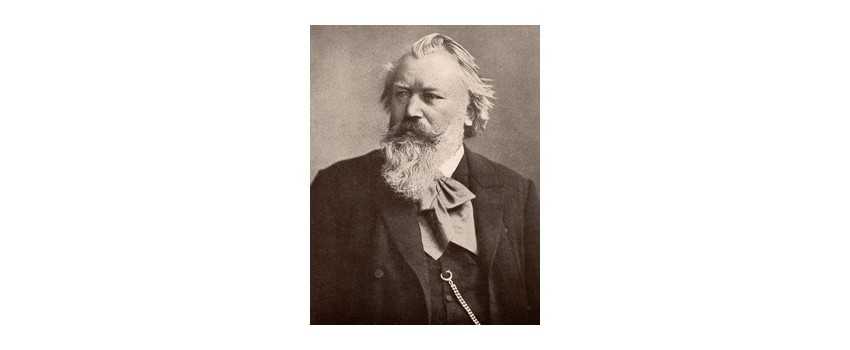
Brahms, Sonata In E Minor For Cello And Piano (Henle)
Brahms, Sonata in E minor for Cello and Piano (Henle)
Brahms, Sonata In F Major For Cello And Piano Op.99 (Henle)
Brahms, Sonata in F major for Cello and Piano (Henle)
Brahms, Waltz Op. 39 No. 15 For Cello And Piano (EMB)
Brahms, Waltz Op. 39 No. 15 for Cello and Piano (EMB)
Brahms , Sonatas In E Minor Op 38 Cello/Piano (Barenreiter)
Brahms , Sonatas In E Minor Op 38 Cello/Piano (Barenreiter)


